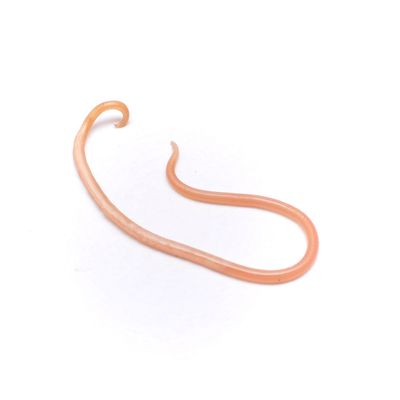
The Tsimane women of Bolivia are some of the most fertile in the world: They have nine children on average. But about 70 percent of them also have parasitic worm infections. When a married researcher from the University of California–Santa Barbara went to study parasitic worms among the indigenous people, she got infected herself — and then became pregnant almost immediately. So she and her colleagues decided to see if there was a link.
For a study published in the journal Science, they looked at nine years of birth data from nearly 1,000 Tsimane women as well as incidence of infection with the two most common parasites: giant roundworm or hookworm. (These infections can cause anemia or other complications, though people frequently have no symptoms. They’re a problem in areas with poor sanitation, as they are transmitted by eggs found in human feces.)
They found that women infected with roundworms had their first child sooner and had shorter periods between pregnancies than did women with hookworms. After some extrapolation, they estimated that women with hookworms would have three fewer children over their lifetime than uninfected women, while those with roundworms would have two more kids. The researchers don’t know exactly what’s going on here but they believe that roundworm and hookworm infections may affect the immune system in ways that either promote or hinder conception.
Lead author Aaron Blackwell Ph.D. told the BBC that using such worms to enhance fertility is an “intriguing” possibility but he doesn’t recommend people try it until more studies are done. Other outlets reminded women that they should definitely not try this at home, so whatever you do, please don’t mention any of this to your friend from high school who’s always preaching alkaline diets and railing against vaccines on Facebook.




